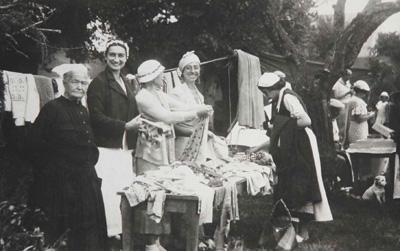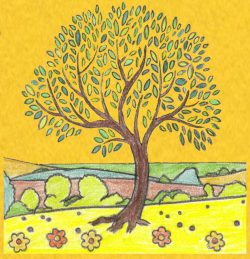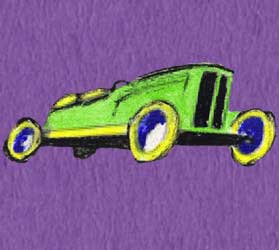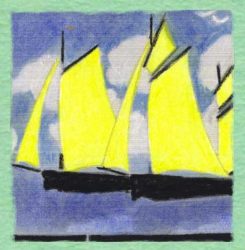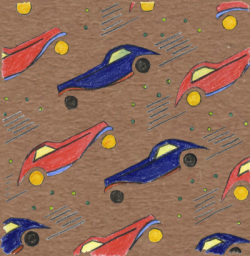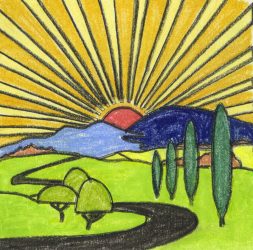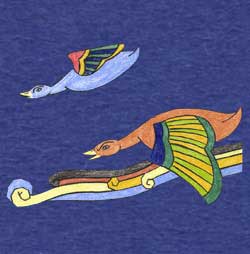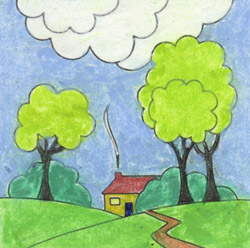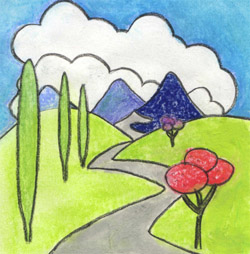Oral history is people telling stories. Storytelling. About themselves or what they have witnessed or the general experiences of their time and place. It is an invaluable source of research material because it comes complete with emotional baggage. The way the person chooses to tell stories of their lives, the words they use, the inflexions (gestures if you are face to face), can give you clues to the attitudes and mores and prejudices of the time that you won’t find written down in any formal historical account. The nuances of daily communal life in a family perhaps; the latest catch phrases doing the rounds from the music halls; the sort of nicknames common amongst old friends born over a century ago.
My friend and writing student Pat had an aunt who lived in the East End of London in the 1920s. Dolly Warren (whose real name was Ellen May) told her stories to the younger generations in her family and, when she got older and a little forgetful, they were written down. Here is a little snippet containing the sort of priceless details that make an author’s prose sing with authenticity:
I remember one time the rent man come and my mum didn’t have the rent. So she shut herself in the coal cupboard which faced the street door and said to my sister Lily “Tell him I’m not in.” My Lily said “My mum says she’s not in”. The rent man said “Tell your mum tuck her apron in the coal cupboard next time”.
If anyone offers to tell you stories from their life, then capture them on paper (or, better still, record them whilst you are listening very, very carefully for those nuances) because oral history never repeats itself and that fleeting moment will be gone forever if it isn’t treasured. The memories of those who have gone before are the genuinely irreplaceable heirlooms.
Photo by Cecil Howard



